AI Pulse Weekly: December 2024 – Latest AI Trends and Innovations
Introduction
Welcome to the December 2024 edition of AI Pulse Weekly, your important source for the latest AI developments, AI Trends, ChatGPT innovations, and machine learning breakthroughs. As we approach the end of the year, artificial intelligence continues to make major strides in industries worldwide. Whether you’re a researcher, AI enthusiast, or tech entrepreneur, this issue has something for everyone, offering insights into AI-powered technologies, ChatGPT advancements, and the future of machine learning.
In this week’s issue, we explore:
- Cutting-edge ChatGPT applications in business and tech.
- AI advancements from Meta and Google in NLP.
- How AI ethics and deepfake technologies are shaping the landscape of the future.
What’s New in This Week’s AI Pulse Edition?
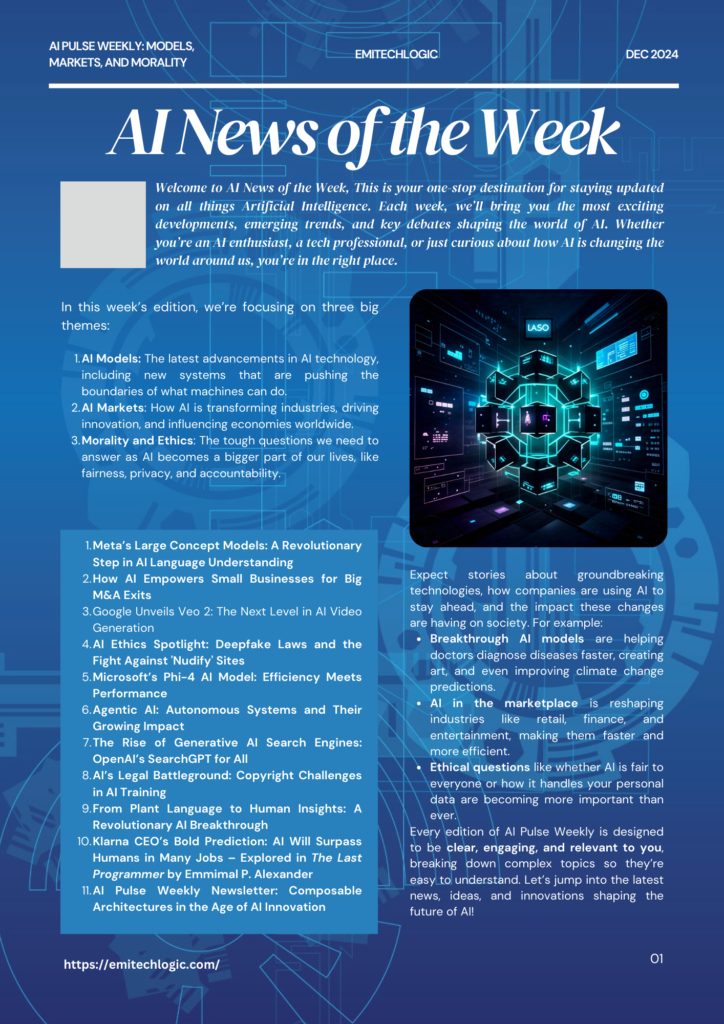
In this edition, we provide a detailed overview of the latest and most significant AI trends. Here’s a preview of some of the highlights:
- Meta’s Large Concept Models: A Breakthrough in ChatGPT-Like NLP
- AI-Powered Mergers & Acquisitions: Small Business Strategies with Machine Learning
- Google’s Veo 2: The Future of AI-Driven Video Creation
- Deepfakes, Ethics, and AI: Navigating the Challenges of AI-Generated Content and more
Read on to discover how ChatGPT, AI tools, and machine learning algorithms are revolutionizing business and tech.
Read and Download the December 2024 Edition Now for Free Now
To read the December 2024 edition of AI Pulse Weekly, flip through our interactive PDF below. Whether you’re on your desktop or mobile device, this magazine lets you explore articles, visuals, and expert insights on the latest AI trends and ChatGPT innovations.
AI Pulse Weekly Magazine
Download the December 2024 Edition for Offline Reading
Prefer reading offline? Download the AI Pulse Weekly December 2024 Edition PDF to enjoy anytime, anywhere.
Download the PDFFeatured Articles in This Edition
Meta’s Large Concept Models: A New Era Beyond Token-Based AI
What’s New?
Meta has introduced Large Concept Models (LCMs), a groundbreaking innovation that transcends traditional token-based AI systems. These models focus on interpreting semantic meaning more effectively, representing a significant leap forward in Natural Language Processing (NLP).
Why It Matters
- Improved semantic understanding: LCMs work by conceptual clustering, not just token prediction.
- Enhanced application potential: Ideal for machine translation, summarization, and semantic search.
- Industry impact: This technology could redefine AI applications in education, healthcare, and content creation.
Meta’s introduction of LCMs is a strong indicator of how AI is evolving to handle nuanced tasks with greater precision, setting a new benchmark for NLP technologies.
How AI Empowers Small Businesses for Big M&A Exits
AI is leveling the playing field for small businesses, enabling them to compete in mergers and acquisitions (M&A) typically dominated by large corporations.
Key Benefits
- AI-driven market analysis to identify lucrative opportunities.
- Automation of due diligence processes, saving time and resources.
- Predictive analytics to forecast synergies and outcomes.
By adopting these tools, small businesses can achieve big exits, reshaping the economic landscape and fostering a more inclusive business ecosystem.
Google Unveils Veo 2: The Next Level in AI Video Generation
Innovations in Veo 2
Google’s Veo 2 sets new standards in AI-powered video generation:
- Real-time synthesis: Creates high-quality videos instantly.
- Seamless audio-visual integration: Produces natural results.
- Customization tools: customized for industries like entertainment, education, and marketing.
This innovation not only advances video technology but also challenges OpenAI’s Sora platform, intensifying competition in the AI video domain. As tools like Veo 2 gain traction, they’re likely to revolutionize industries that rely heavily on video content.
AI Ethics Spotlight: Deepfake Laws and the Fight Against Exploitation
The rise of deepfake technology poses serious ethical and legal challenges, particularly with the emergence of harmful platforms like “nudify” sites.
Ongoing Efforts
- Government interventions: New laws target deepfake misuse.
- AI detection tools: Platforms are using AI to block harmful content.
- Ethical balance: Addressing privacy concerns while promoting innovation remains a key challenge.
The fight against deepfakes underscores the importance of proactive measures in AI governance to ensure technology is used responsibly.
Microsoft’s Phi-4 AI Model: Efficiency Meets Performance
Microsoft’s Phi-4 redefines AI efficiency, offering high performance with reduced computational demand.
Key Features
- Compact architecture reduces hardware requirements.
- Energy-efficient: Aligns with sustainability goals.
- Democratization of AI: Makes advanced AI accessible to resource-limited organizations.
The Phi-4 model highlights the growing emphasis on sustainable AI development, balancing performance with ecological responsibility.
Agentic AI: Autonomous Systems Changing the Game
Agentic AI systems are designed for autonomous decision-making, transforming industries like logistics, finance, and healthcare.
Applications
- Smart supply chains: Optimize logistics in real time.
- Autonomous financial systems: Enable real-time trading and risk management.
- Healthcare advancements: Power diagnostic tools with AI-driven insights.
As these systems grow, their implications on employment, ethics, and societal norms warrant careful examination.
Generative AI Search Engines: OpenAI’s SearchGPT
OpenAI’s SearchGPT introduces generative capabilities to traditional search engines, revolutionizing how users access information.
Features
- Contextual responses: Delivers enriched search results.
- Personalization: Adapts to user behavior.
- Real-time data integration: Keeps information relevant.
SearchGPT represents a shift toward more intuitive and user-friendly search experiences, making information retrieval faster and more accurate.
Copyright Challenges in AI Training
The use of copyrighted content in training AI models raises legal and ethical debates.
Key Issues
- Lack of clear guidelines: Current laws lag behind technological advancements.
- Fair compensation: Ensuring creators are adequately rewarded.
- Future frameworks: Balancing innovation with intellectual property rights.
Resolving these challenges is crucial for fostering innovation while respecting creators’ rights.
AI Breakthrough: Decoding Plant Communication
For the first time, AI has been used to decode plant communication, offering insights into their behaviors.
Breakthroughs
- Detection of chemical signals emitted by plants.
- Insights into plant stress and communication patterns.
- Future potential for smarter agriculture and environmental monitoring.
This discovery opens up new possibilities for understanding ecosystems and improving agricultural practices.
Klarna CEO: AI to Dominate Professional Roles
Klarna’s CEO claims AI will soon outperform humans in most professional tasks. This bold statement underscores the transformative role of AI in the workplace.
Key Takeaways
- Efficiency and accuracy: AI excels in repetitive tasks.
- Shifting human roles: Opens doors for creativity and strategy.
- Debate: The future of work remains uncertain as AI adoption grows.
AI Trends Spotlight: Composable Architectures in the Age of AI Innovation
Composable architectures are redefining how AI systems are designed, offering flexibility and scalability that traditional monolithic models cannot achieve.
What Are Composable Architectures?
Composable architectures allow different AI components—such as NLP, computer vision, and decision-making models—to work together smoothly. These modular systems are customized to specific tasks without requiring the overhaul of an entire framework.
Why Composable Architectures Matter
- Enhanced adaptability: Systems can be updated or reconfigured without disrupting operations.
- Cost-efficiency: Reduces the need for developing new models from scratch.
- Cross-domain applications: Enables integration of diverse AI capabilities, such as combining text analysis with real-time image processing.
Use Cases
- Healthcare: Combine diagnostic models with predictive analytics to offer holistic patient care.
- E-commerce: Integrate recommendation systems with inventory management tools.
- Autonomous vehicles: Merge navigation systems with real-time object detection for safer driving.
Composable architectures represent the next frontier in AI, providing a robust framework for tackling complex, multi-faceted challenges.
Why Read AI Pulse Weekly?
Every edition of AI Pulse Weekly is a comprehensive guide to the most important AI trends, ChatGPT updates, and machine learning insights. By subscribing, you’ll stay on top of developments that are shaping the future of AI.
Our magazine covers:
- ChatGPT advancements and NLP research.
- AI in business, healthcare, entertainment, and more.
- Ethical debates on AI and emerging technologies.
- Composable AI architectures and their transformative impact.
AI Pulse Weekly is a must-read for anyone interested in understanding the impact of artificial intelligence and ChatGPT-like technologies on industries and society.
Conclusion
As we wrap up the December 2024 edition of AI Pulse Weekly, we invite you to explore the profound AI innovations and ChatGPT trends featured in this issue. With our newsletter on Composable Architectures, we provide valuable insights into how modular AI systems are reshaping the AI infrastructure landscape.
Stay engaged with the ever-evolving world of AI, ChatGPT advancements, and machine learning. Subscribe, download, and connect with us for more thought-provoking content on AI technologies.
External Resources
Here are five external links for further references:
- Meta AI Research
- AI in Video Production – Google Veo 2
- Autonomous Systems in AI – IBM
- Composable Systems in AI
FAQs
What are Meta’s Large Concept Models (LCMs)?
LCMs are AI models focused on interpreting semantic meaning more effectively, offering advanced capabilities in NLP, like machine translation and semantic search.
How can AI help small businesses in M&A?
AI aids small businesses by providing market analysis, automating due diligence, and forecasting outcomes, enabling them to compete in mergers and acquisitions.
What is Google’s Veo 2 and how does it revolutionize video generation?
Veo 2 is an AI-powered tool for real-time, high-quality video creation with seamless audio-visual integration, aimed at industries like entertainment and education.
What ethical concerns arise from deepfake technology?
Deepfake technology raises issues around misuse, privacy violations, and exploitation, prompting governments to enforce laws and AI platforms to develop detection tools.
What are composable architectures in AI?
Composable architectures allow AI components to be integrated modularly, offering flexibility, scalability, and cost-efficiency for tasks like healthcare diagnostics and autonomous driving.

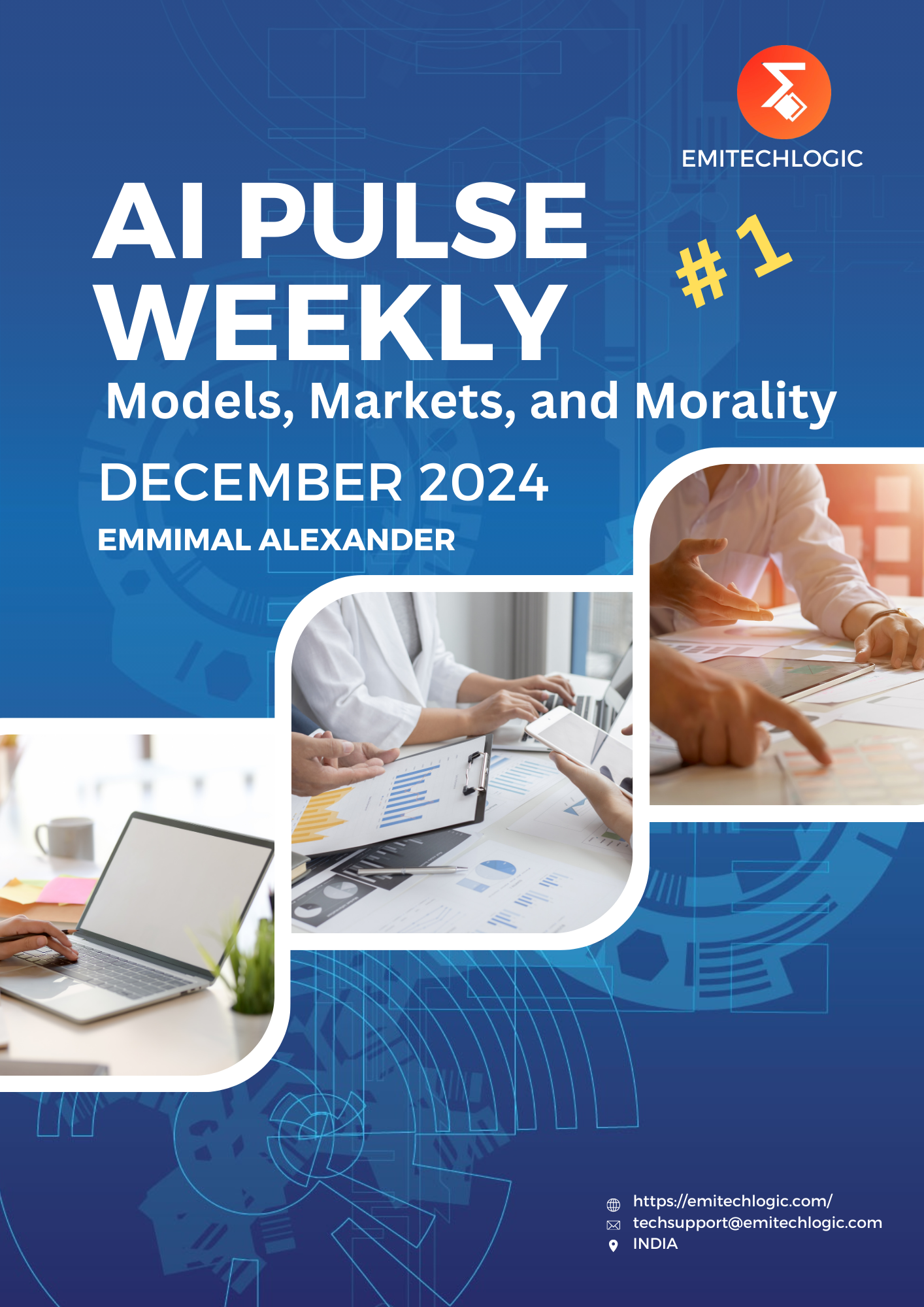
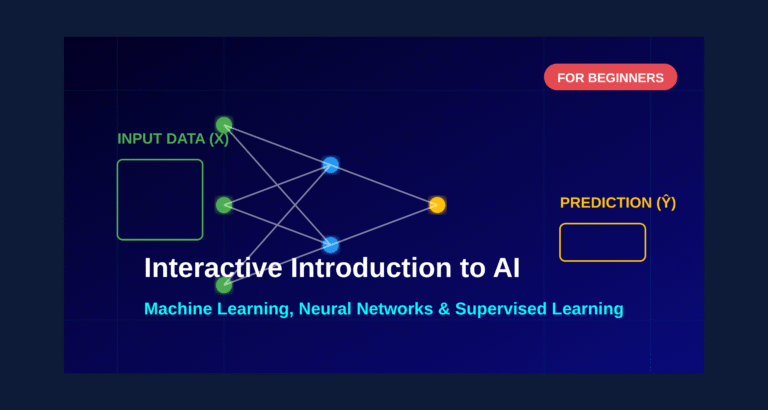
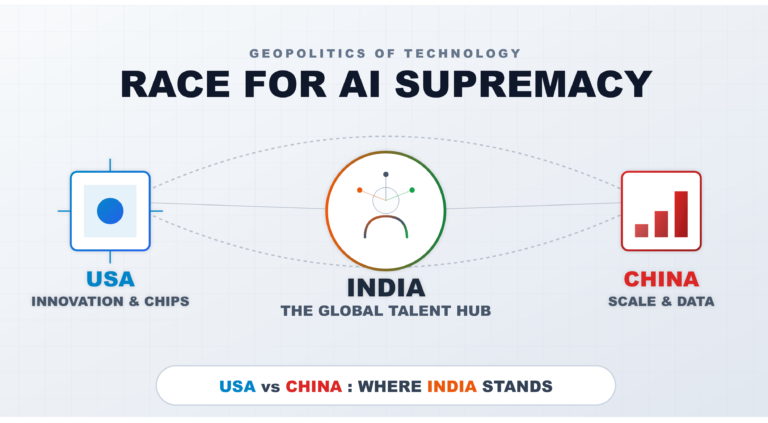
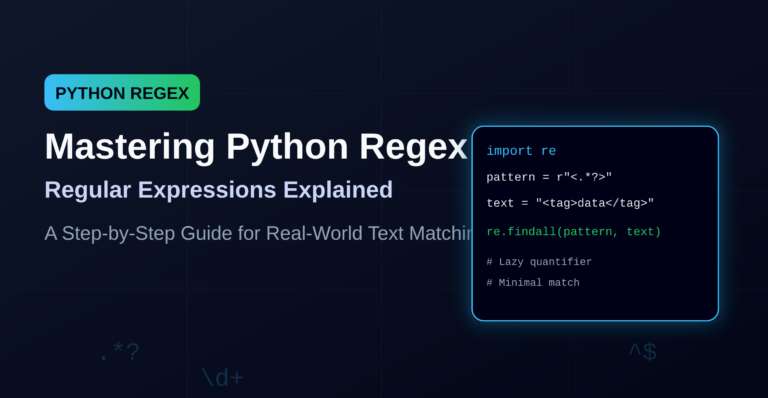
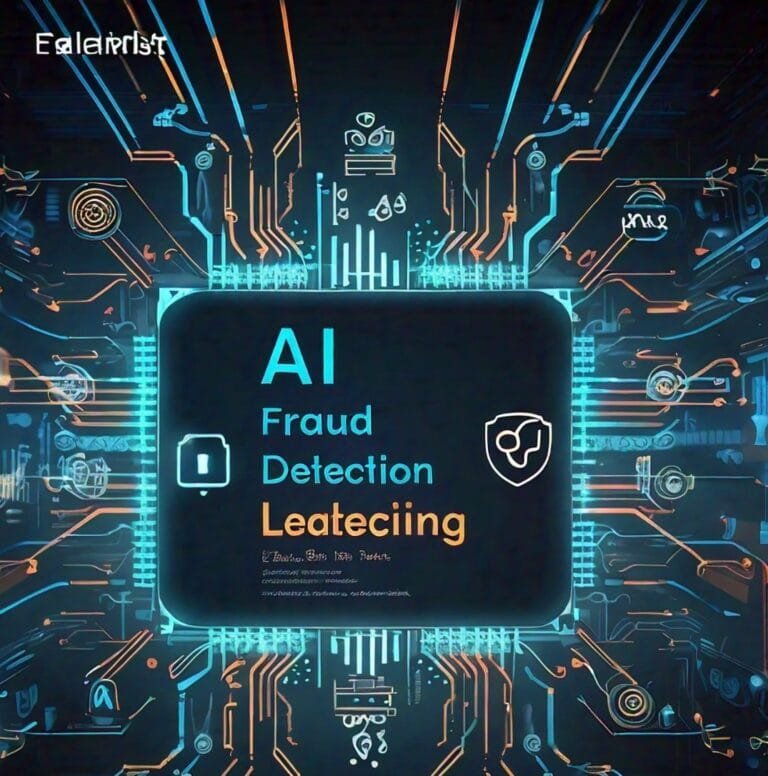
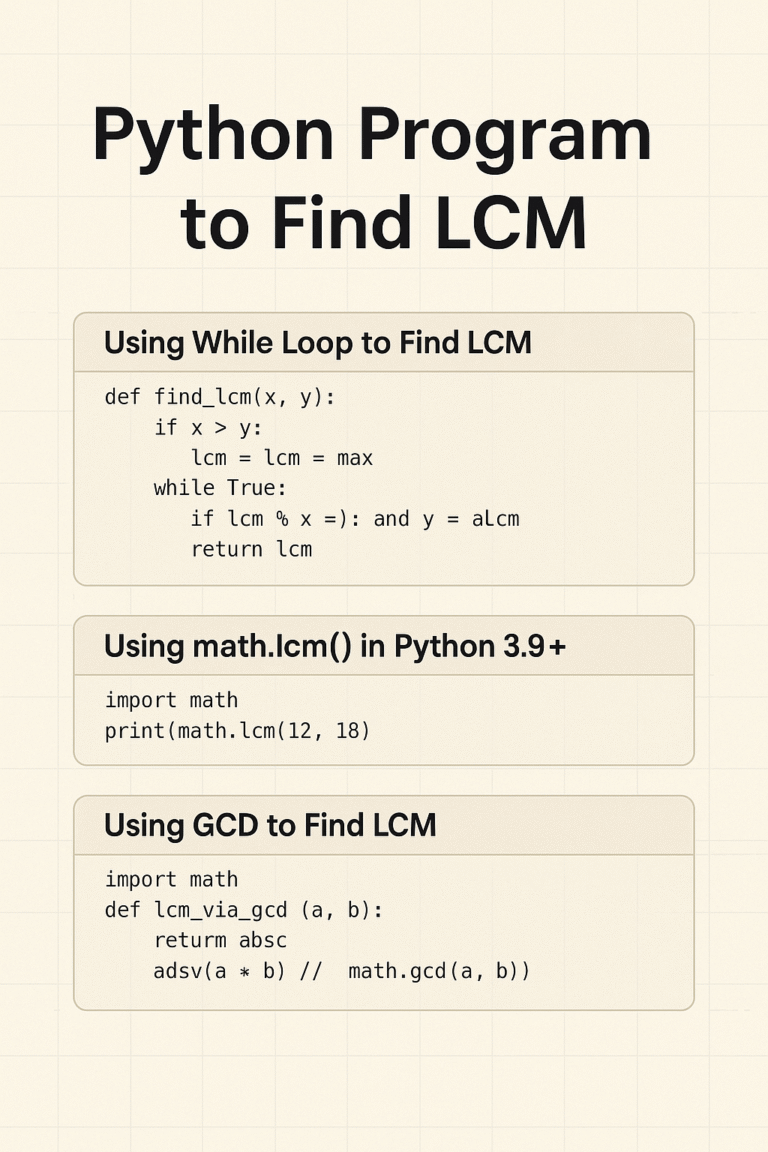

Leave a Reply